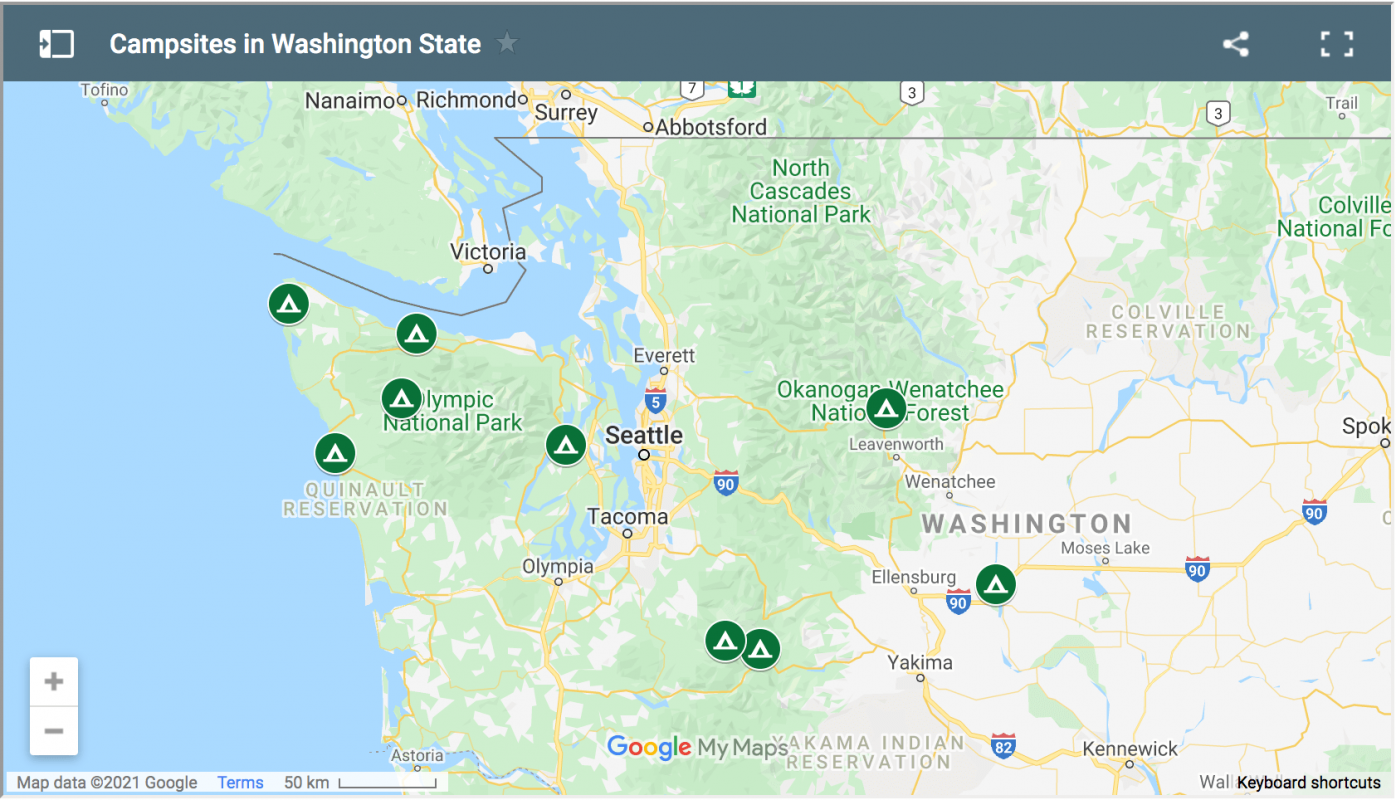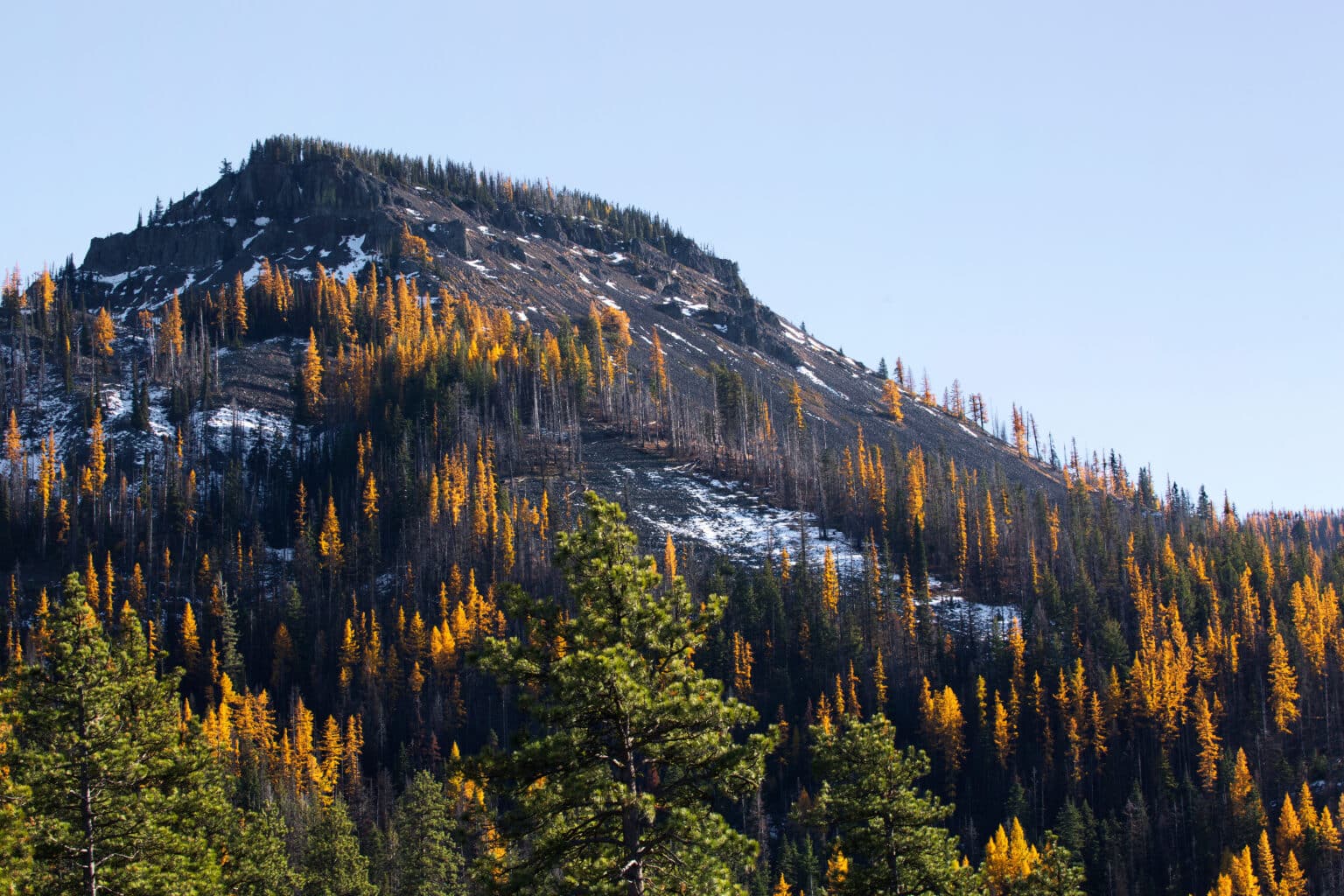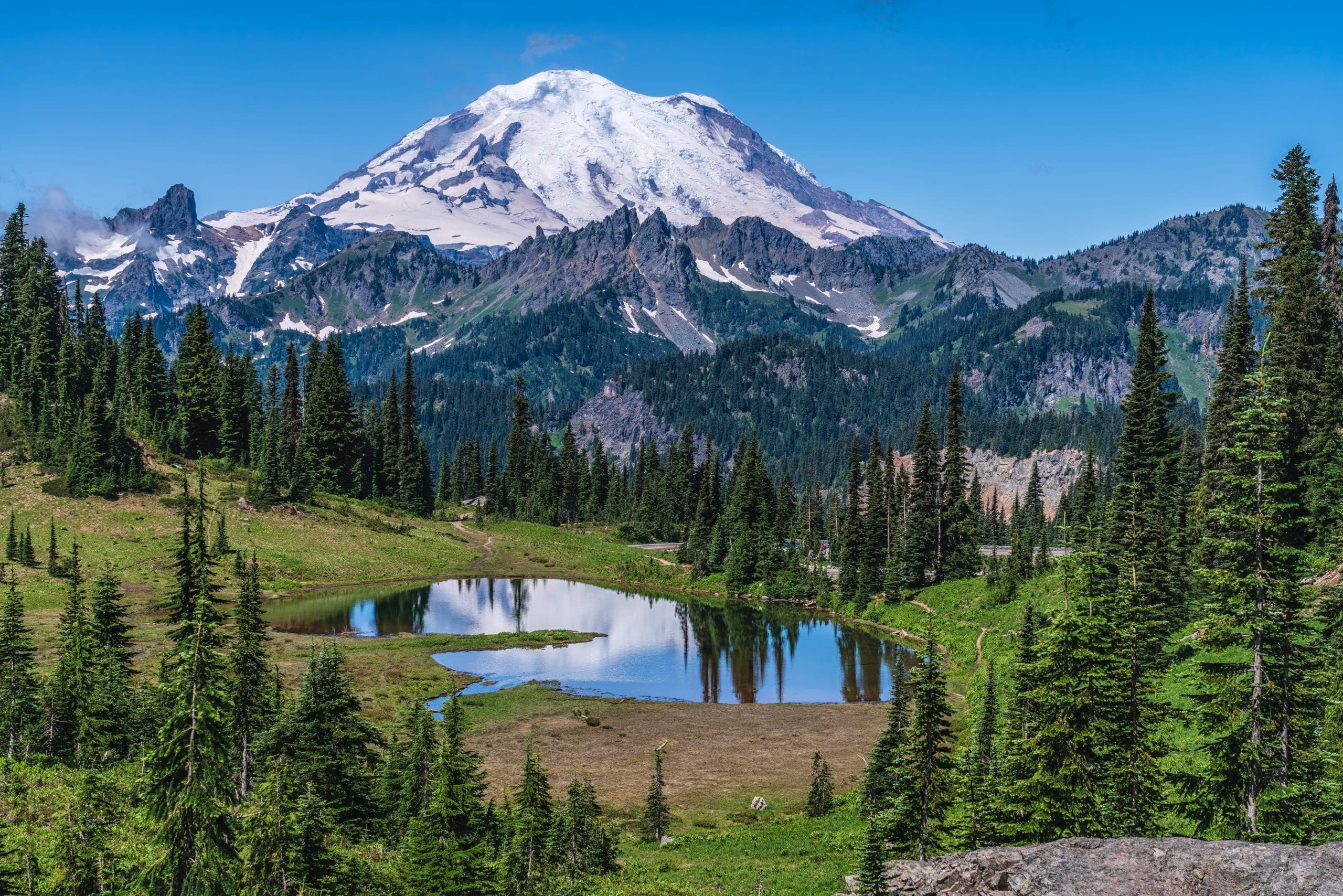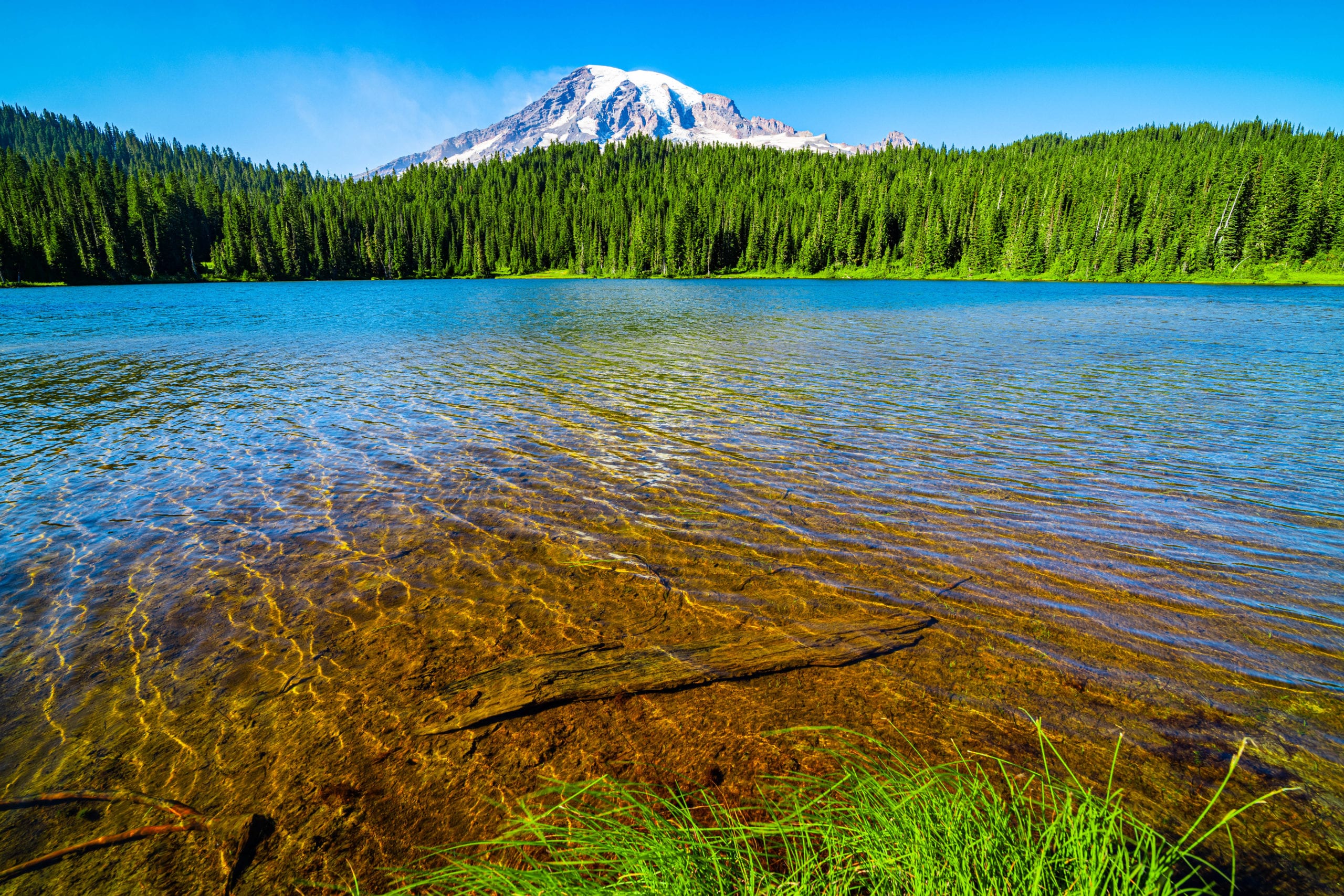Navigating Washington’s Natural Treasures: A Comprehensive Guide To State Park Campgrounds
Navigating Washington’s Natural Treasures: A Comprehensive Guide to State Park Campgrounds
Related Articles: Navigating Washington’s Natural Treasures: A Comprehensive Guide to State Park Campgrounds
Introduction
With great pleasure, we will explore the intriguing topic related to Navigating Washington’s Natural Treasures: A Comprehensive Guide to State Park Campgrounds. Let’s weave interesting information and offer fresh perspectives to the readers.
Table of Content
Navigating Washington’s Natural Treasures: A Comprehensive Guide to State Park Campgrounds

Washington State, renowned for its breathtaking landscapes, offers an unparalleled experience for outdoor enthusiasts. Its state parks, encompassing diverse ecosystems from majestic mountains to serene shorelines, provide a sanctuary for nature lovers and adventure seekers alike. Within this network of parks, a wealth of campgrounds await, each offering a unique gateway to explore the state’s natural wonders. Understanding the layout and features of these campgrounds is crucial for planning an unforgettable outdoor adventure.
A Visual Guide to Washington State Park Campgrounds
Maps serve as indispensable tools for navigating Washington’s state park campgrounds. These visual representations provide a comprehensive overview of park layout, campground locations, amenities, and surrounding attractions.
Types of Maps and Their Uses:
- Park Maps: These maps, typically available at park entrances and online, showcase the entire park, including trails, viewpoints, visitor centers, and campgrounds. They are essential for understanding the park’s overall structure and planning your itinerary.
- Campground Maps: These detailed maps focus on specific campgrounds, outlining individual campsites, restroom facilities, water sources, dump stations, and other amenities. They are invaluable for choosing a suitable campsite based on your needs and preferences.
- Interactive Maps: Online platforms often provide interactive maps that allow users to zoom in and out, explore specific areas, and access detailed information about each campground. These digital tools offer a dynamic and user-friendly experience, making it easier to plan your trip.
Key Features of a Campground Map:
- Campsite Numbers: Each campsite is assigned a unique number for easy identification and reservation purposes.
- Campsite Amenities: The map indicates essential amenities such as electrical hookups, water hookups, fire rings, picnic tables, and access to restrooms and showers.
- Accessibility Features: Maps may highlight campsites designed for individuals with disabilities, ensuring inclusivity and accessibility.
- Trail Connections: Maps often illustrate trails leading from campgrounds to nearby attractions, such as hiking trails, viewpoints, or scenic areas.
Benefits of Using a Campground Map:
- Efficient Planning: Maps enable you to choose the best campsite based on your desired amenities and proximity to park attractions.
- Enhanced Safety: Maps help you navigate the campground and surrounding areas with ease, ensuring a safe and enjoyable experience.
- Exploration and Discovery: Maps encourage exploration by highlighting hidden trails, viewpoints, and other natural wonders within the park.
- Environmental Awareness: Maps often include information about the park’s ecosystem, promoting responsible recreation and environmental stewardship.
FAQs Regarding Washington State Park Campground Maps:
Q: Where can I find maps of Washington State Park campgrounds?
A: Maps are readily available at park entrances, visitor centers, and online through the Washington State Parks website.
Q: What information should I look for on a campground map?
A: Essential information includes campsite numbers, amenities, accessibility features, trail connections, and general park layout.
Q: Are there interactive maps available for Washington State Park campgrounds?
A: Yes, interactive maps are available online, offering a dynamic and user-friendly experience for planning your trip.
Q: How can I ensure I choose the right campsite for my needs?
A: Carefully study the map, noting campsite amenities, proximity to facilities, and accessibility features. Consider your group size, desired level of privacy, and any specific needs you may have.
Tips for Utilizing Campground Maps Effectively:
- Plan Ahead: Study the map before arriving at the park to identify potential campsites and plan your itinerary.
- Consider Accessibility: If you require accessible campsites, carefully review the map for designated locations.
- Read the Legend: Familiarize yourself with the map’s symbols and abbreviations to understand the information presented.
- Use a Compass: A compass can be helpful for navigating the campground and surrounding areas, especially during low-light conditions.
- Share Your Itinerary: Inform someone about your planned activities and expected return time, especially when venturing out on trails.
Conclusion:
Washington State Park campgrounds provide an unparalleled opportunity to immerse yourself in the state’s natural beauty. Utilizing maps effectively is crucial for navigating these parks, choosing suitable campsites, and maximizing your outdoor experience. By understanding the different types of maps available, their key features, and the benefits they offer, visitors can plan a safe, enjoyable, and memorable adventure in Washington’s breathtaking state parks. Remember, a well-prepared traveler is a safe and responsible traveler, and maps play a vital role in ensuring a positive and enriching experience for all.








Closure
Thus, we hope this article has provided valuable insights into Navigating Washington’s Natural Treasures: A Comprehensive Guide to State Park Campgrounds. We appreciate your attention to our article. See you in our next article!